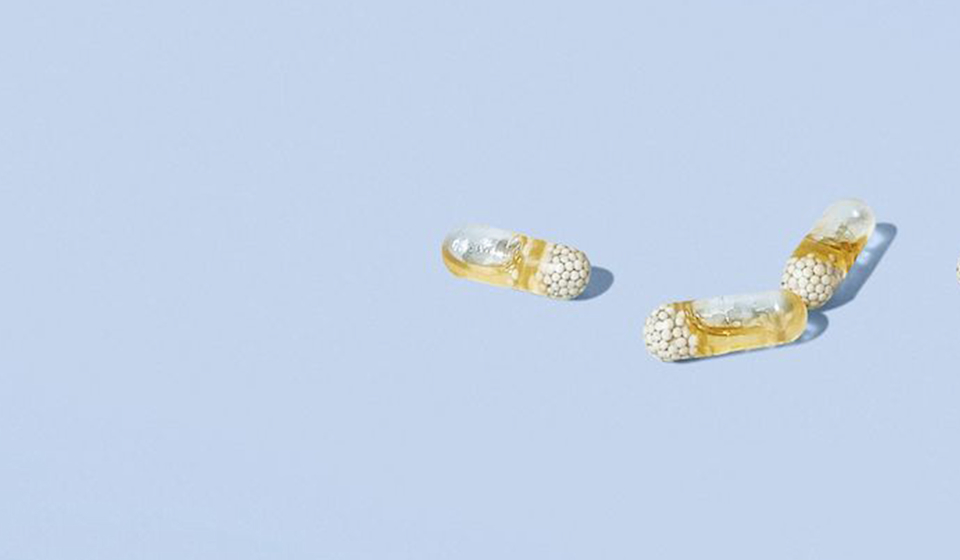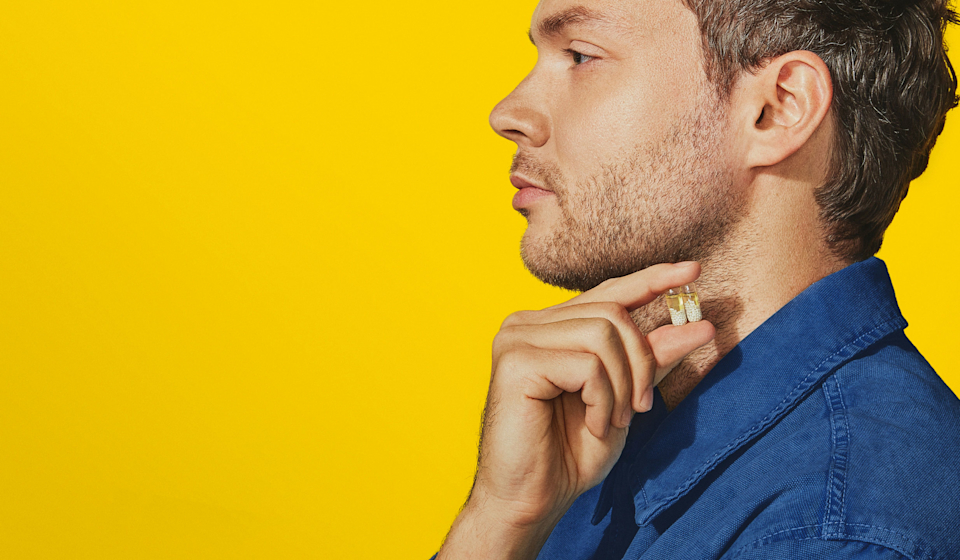Men and women have slightly different vitamin A requirements.
Curious about how much vitamin A you need? To get specific, the recommended daily allowance (or RDA) of Vitamin A for men is 900 micrograms, or mcg. For women, it’s 700 mcg. The good news? For women in particular, it’s fairly easy to meet your vitamin A needs through diet alone. But there’s one caveat: There are actually two types of vitamin A found in food—preformed Vitamin A (as in retinol and retinyl ester), and provitamin A carotenoids (which include alpha-carotene and beta-carotene). (4)
Preformed Vitamin A is considered to be the active form of vitamin A, which means that it’s ready for your body to use. Food sources include animal products like egg yolk, dairy, meat, and fish. (5)
Provitamin A is generally found in plants, and needs to go through a conversion process for your body to use it. Recognize the name beta-carotene? That’s a form of provitamin A found in veggies like carrots, sweet potatoes, cantaloupe, and leafy greens. After you consume it, beta-carotene is eventually converted to retinol in the small intestine. (5)
The bottom line
No question about it: Vitamin A is the kind of support you definitely want on your team. There are lots of options for you to meet your Vitamin A needs through food sources—the difference is just how these different forms of Vitamin A (like preformed and provitamin A) are processed in the body.
If you’re a woman, you're likely getting enough Vitamin A through the foods you eat, especially if you're getting your fill of the vitamin A-containing foods we mentioned above. And if you’re a guy, it might not be a bad idea to pay a little extra attention to your daily vitamin A intake—which is why we include vitamin A in Essential for Men to help fill gaps.
References:
- Ross, A Catharine. “Vitamin A and Retinoic Acid...” The American Journal of Clinical Nutrition, vol. 96, no. 5, Oct. 2012, doi:10.3945/ajcn.112.034637.
- Gilbert, Clare. “What Is Vitamin A and Why Do We Need It?” Community Eye Health, International Centre for Eye Health, 2013. Retrieved from National Institutes of Health
- “Office of Dietary Supplements - Vitamin A.” NIH Office of Dietary Supplements, U.S. Department of Health and Human Services. Retrieved from National Institutes of Health
- Kubala, Jillian. “Vitamin A: Benefits...and More.” Retrieved from Healthline.
- Tang, Guangwen. “Bioconversion of Dietary Provitamin A Carotenoids to Vitamin A in Humans.” The American Journal of Clinical Nutrition, vol. 91, no. 5, Mar. 2010, doi:10.3945/ajcn.2010.28674g.











